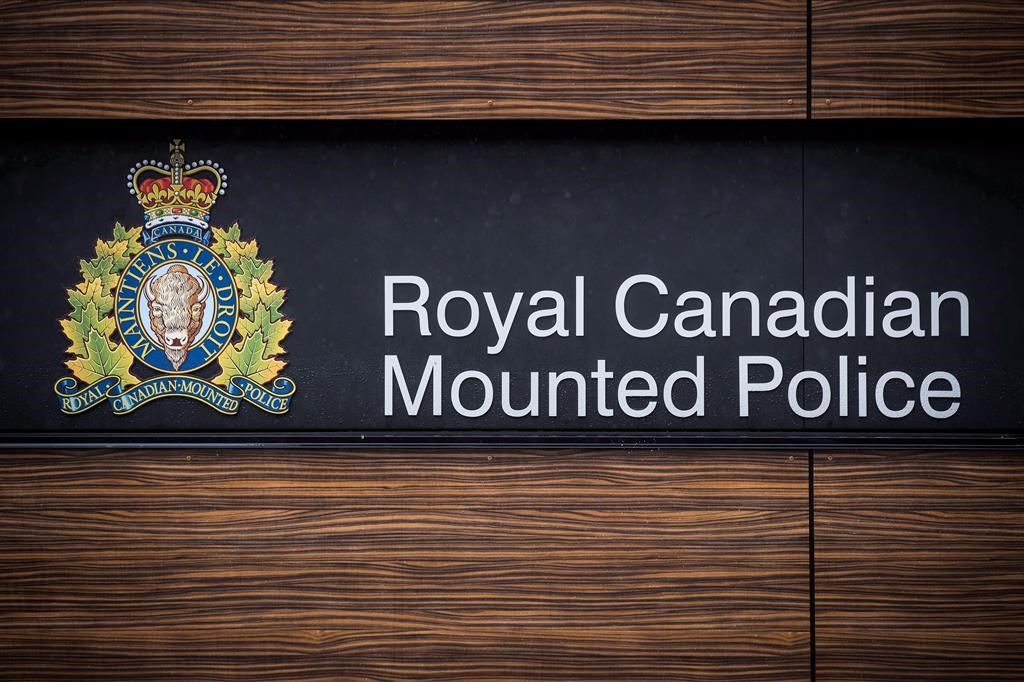Health Canada approves Pfizer antiviral but supply issues expected
Posted Jan 17, 2022 07:45:51 PM.
OTTAWA — Health Canada has approved Pfizer's antiviral treatment for COVID-19 and the drug maker says some of it has already been delivered for use.
The treatment, known as Paxlovid, is expected to cut pressure on the health care system because it can help prevent high-risk people from ending up in the hospital.
But limited supplies mean the Public Health Agency of Canada is asking provinces and territories to prioritize the treatment for people at most risk of serious illness, including severely immune-compromised patients and some unvaccinated people over the age of 60.
“Canadians should be very happy today to hear that the oral antivirals are beginning to become available in Canada,” chief public health officer Dr. Theresa Tam said at a virtual briefing Monday.
The medication is the first oral COVID-19 treatment that can be taken at home but Tam admitted there may be some logistical challenges getting the drug to the right people quickly enough.
It must be given within five days of infection, and involves taking three pills of two different drugs, twice a day, for five days.
Patients have to test positive to access the treatment. With a shortage of rapid tests and slow return times for many lab-based molecular tests, getting test results and a prescription within the five-day window may be difficult.
Tam said education of both health professionals and Canadians who fall into the high-risk groups will be key, so doctors know to test quickly and prescribe it and patients know to seek quick testing and request the medication.
Health Canada has authorized Paxlovid for adults who test positive for COVID-19 on a molecular or a rapid test, who have mild or moderate symptoms and are at high risk of becoming severely ill.
Clinical trials showed the treatment, which helps prevent the SARS-CoV-2 virus from reproducing in an infected patient, was almost 90 per cent effective at reducing hospitalization and death in high-risk patients if given within three days of infection, and 85 per cent if given within five days.
Health Canada chief medical adviser Dr. Supriya Sharma said no medications come with zero risk but that Paxlovid meets the “safety, efficacy and quality data standards” set by Health Canada.
“The authorization today provides a new tool in the tool kit against COVID-19 at a crucial time in the pandemic as we're faced with new variants,” Sharma said.
Doctors in Canada have been anxious to get access to Paxlovid as the Omicron wave is proving to be the most infectious one in the COVID-19 pandemic to date. But the authorization is likely the easy part of the puzzle.
Supply issues will constrain its use for weeks, if not months to come. The company expects to produce 120 million courses of Paxlovid by the end of this year, including 30 million by the end of June. But supply constraints are limiting its use everywhere, including in the United States where it was approved almost four weeks ago.
Canada has purchased one million courses for delivery in 2022.
Pfizer spokeswoman Christina Antoniou told The Canadian Press there were doses shipped already which can be distributed immediately.
That pre-approval shipment included 30,400 courses. Procurement Minister Filomena Tassi said another 120,000 will be shipped by the end of March.
Alexandra Hilkene, a spokeswoman for Ontario Health Minister Christine Elliott, said in a written statement that Ontario expects to receive 10,000 doses this month, and will make them available at 15 sites across the province.
Sharma stressed that Paxlovid is not a substitute for getting vaccinated, saying vaccines and public health measures remain the most critical tools.
But Tam said because of supply constraints the Public Health Agency of Canada is asking provincial and territorial governments to prioritize the highest-risk patients for the medications, which includes some unvaccinated patients.
Severely immune-compromised patients who won't mount much of an antibody response to vaccines top the priority list but are followed by people over the age of 80 who aren't fully vaccinated, and then people over 60 who aren't fully vaccinated and who live in long-term care, remote or rural locations or First Nations.
“This is a scientific and rational use of the drug that is in short supply,” Tam said. “We know that the unvaccinated are at higher risk of getting severe outcomes and getting hospitalized and ending up in the ICU. So this is the evidence, and we're following that evidence. I think that as health care providers, you don't pick and choose which patients you have coming into the hospital getting treated.”
Provinces and territories have the final say on who they prioritize for the treatment. Hilkene said in Ontario the immune-compromised will be among those prioritized.
The United States Food and Drug Administration authorized Paxlovid for patients as young as 12 years old but Health Canada says the company did not submit any safety or efficacy data for that age group so it can't be authorized for people younger than 18 at this time.
Health Canada also says the treatment isn't to be used on patients already in hospital with severe or critical COVID-19 or as a prevention treatment before or after someone is exposed to the virus. It is also not to be given to a patient for more than five days.
It warns there are some potentially severe drug interactions between Paxlovid and other medications prescribed for ailments including prostate cancer, heart problems and narcotics including fentanyl.
This report by The Canadian Press was first published Jan. 17, 2022.
— With files from Holly McKenzie-Sutter in Toronto
Mia Rabson, The Canadian Press
Note to readers: This is a corrected story. A previous version said two tablets were taken twice a day for five days.










